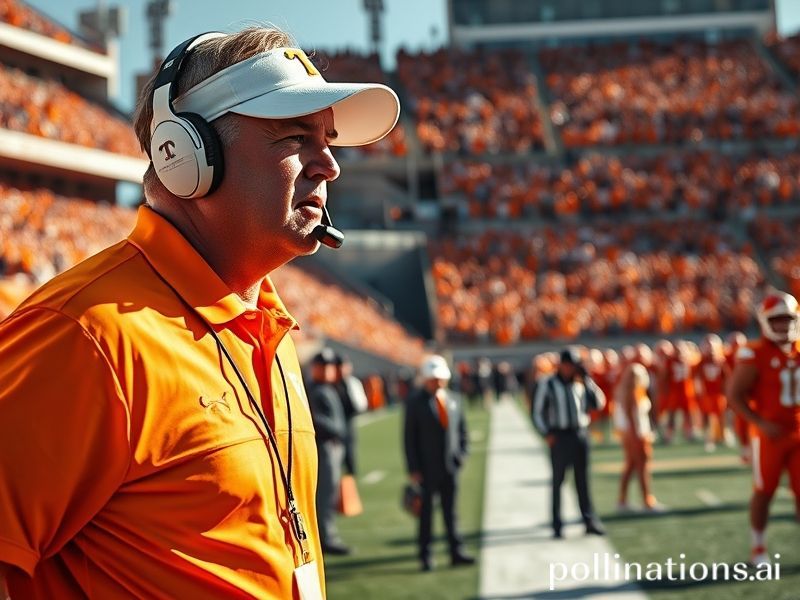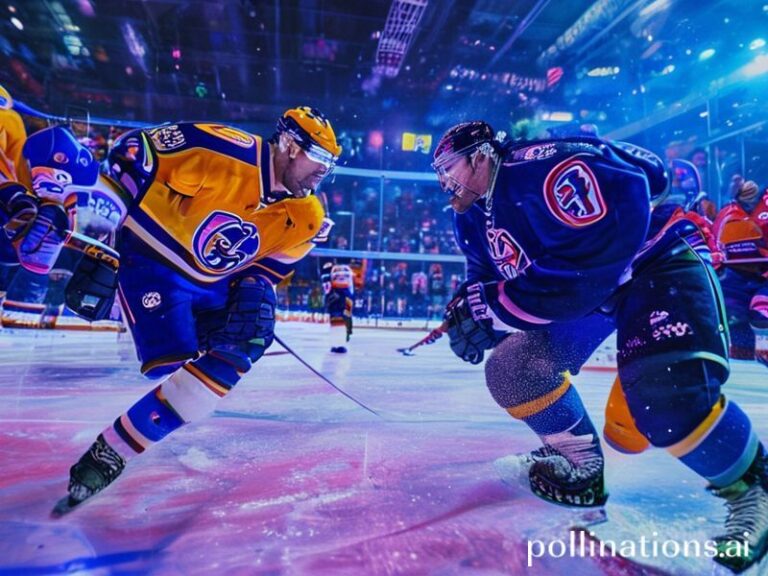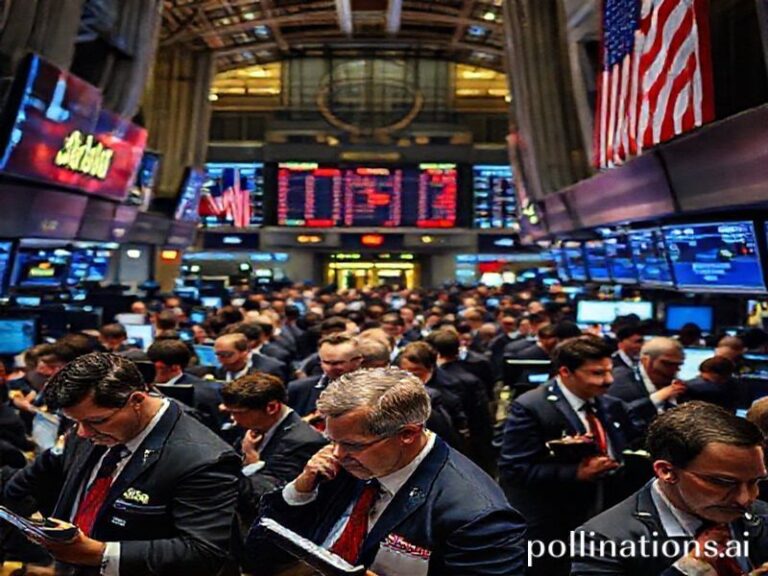How Josh Heupel’s Warp-Speed Offense Became the World’s Favorite Distraction: A Global Dispatch from Dave’s Locker
Josh Heupel: The Accidental Prophet of a World That Forgot How to Lose
By a Correspondent Who Has Covered War Zones Less Volatile Than SEC Tailgates
PARIS—Somewhere between the crêpe stands and the cigarette haze along Boulevard Saint-Germain, a Tennessee Volunteers hoodie appeared this week, bobbing through the crowd like a neon heresy. The wearer, a Parisian DJ who insists on calling American football “hand-egg,” confessed he bought it because the orange “screams like a Eurodance chorus.” That, dear reader, is the global ripple effect of one Josh Heupel—an Oklahoma kid turned Knoxville messiah whose offensive play sheets now carry more geopolitical weight than half the communiqués out of Brussels.
Heupel’s rise from dismissed UCF coach to SEC sorcerer is, on paper, a perfectly American story: fail upward fast enough and the gods mistake velocity for destiny. But zoom out to 40,000 feet—say, the cruising altitude of a Qatar Airways jet ferrying German Bundesliga execs to Nashville for a “strategic fact-finding junket”—and you start to see why the planet cares. The world economy is busy weaponizing nostalgia: Saudi Arabia buys golf, petrostates court soccer, and suddenly a 45-year-old Nebraskan with a visor fetish becomes soft-power collateral. Heupel’s hyper-speed spread offense isn’t just moving chains; it’s moving merchandise in duty-free shops from Dubai to Dublin.
Consider the data: Vols gear sales spiked 213 % in the EU last quarter, according to a consulting firm that previously only measured artisanal sourdough inflation. Chinese counterfeiters now crank out bootleg “Hooker ’22” jerseys so fast that Beijing’s intellectual-property courts are scheduling emergency TikTok dance breaks to cope. Meanwhile, European streaming services—desperate for anything that isn’t another Scandinavian noir—have started licensing SEC Network highlight packages subtitled in six languages. Nothing says “universal human experience” quite like a Belgian teenager learning the phrase “mesh concept” before he masters irregular verbs.
Of course, the darker joke is that Heupel’s playbook only works because the rest of the globe has embraced the same credo: when in doubt, accelerate. Climate collapse? Print more carbon credits. Supply-chain snarls? Order three times what you need and hope someone else eats the sunk cost. Heupel’s offense averages a snap every 18 seconds, which is roughly the same cadence with which central banks are hiking interest rates. Somewhere an IMF economist is diagramming his crossing routes for tips on liquidity injections.
The French DJ told me the hoodie cost €79. “Cheaper than a week of metro strikes,” he shrugged, proving that even Gallic cynicism bows before American spectacle. Down in Knoxville, locals fret that ESPN’s next mega-deal will price out the very moonshine artisans who once defined the region’s brand. Up in the stratosphere, satellite providers beam Heupel’s games to U.S. military bases in Okinawa, where Marines place prop bets on whether the next play will hit the end zone before North Korea’s next missile test. The absurdity is symmetrical; the stakes, less so.
And yet the man himself remains stubbornly unimpressed by the planetary commotion. Asked last month about his newfound international following, Heupel replied, “We’re just trying to win the next play.” It’s the sort of line dictators give before annexing a province, but delivered with Midwestern vowels it sounds almost noble. Perhaps that’s the final dark punchline: in an age when every tweet risks a trade war, the safest form of global influence is still moving a leather ball 100 yards and pretending the rest of the world isn’t burning.
So when you next see that Tennessee orange flickering on a billboard in Lagos or lining a Tokyo pop-up shop, remember it isn’t just color. It’s camouflage—a high-octane distraction from supply shocks, currency slides, and whatever fresh apocalypse the algorithm serves up at 3 a.m. Josh Heupel didn’t set out to become the unofficial minister of morale for late-stage capitalism; he just wanted to score faster than the other guy. In 2024, that’s practically diplomacy.







